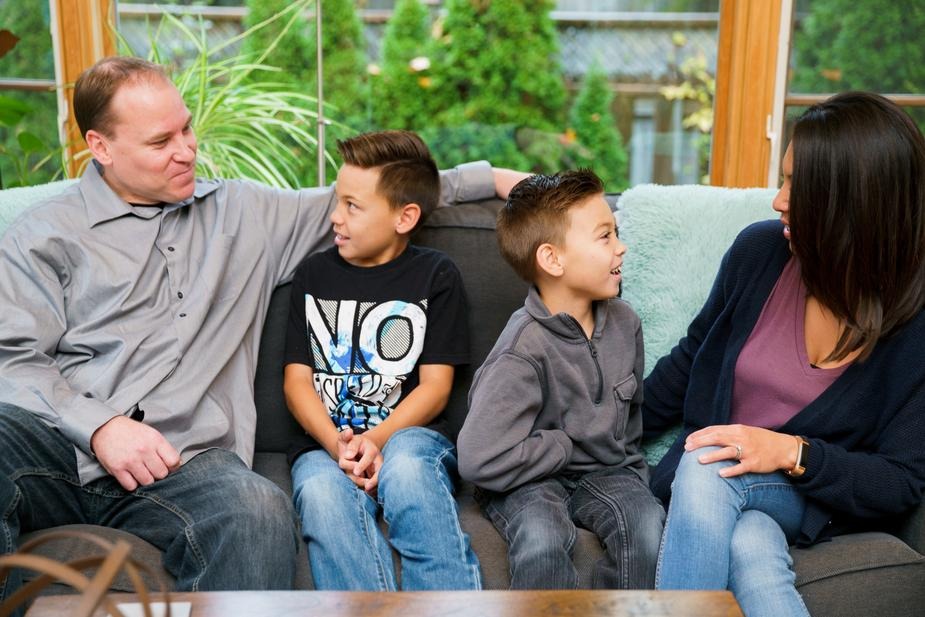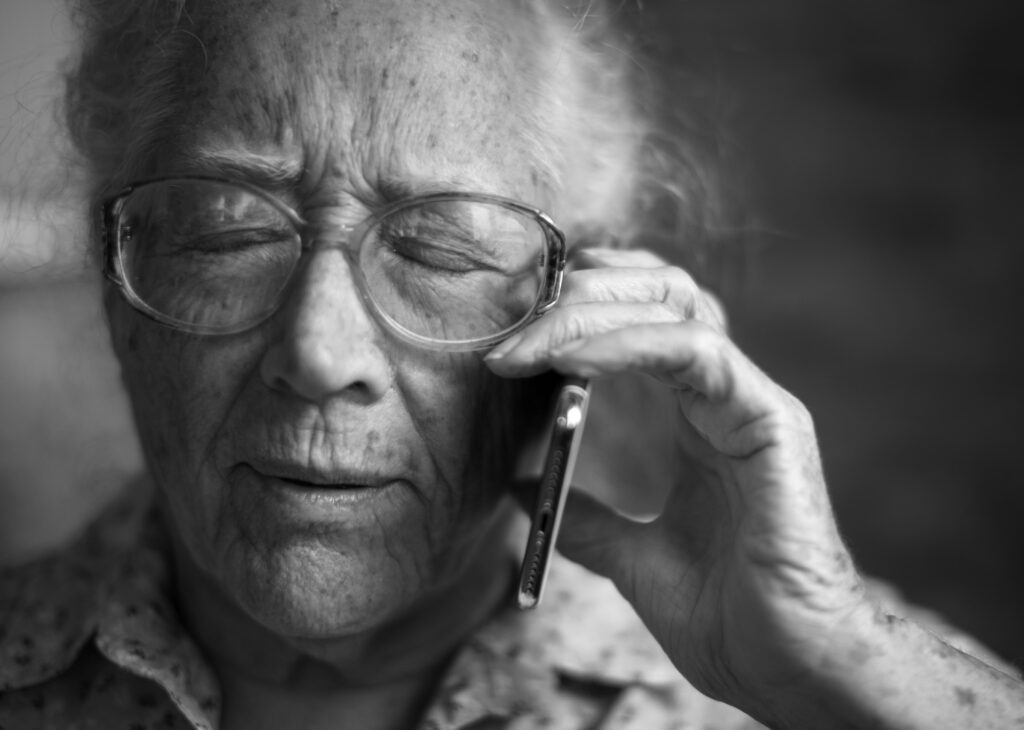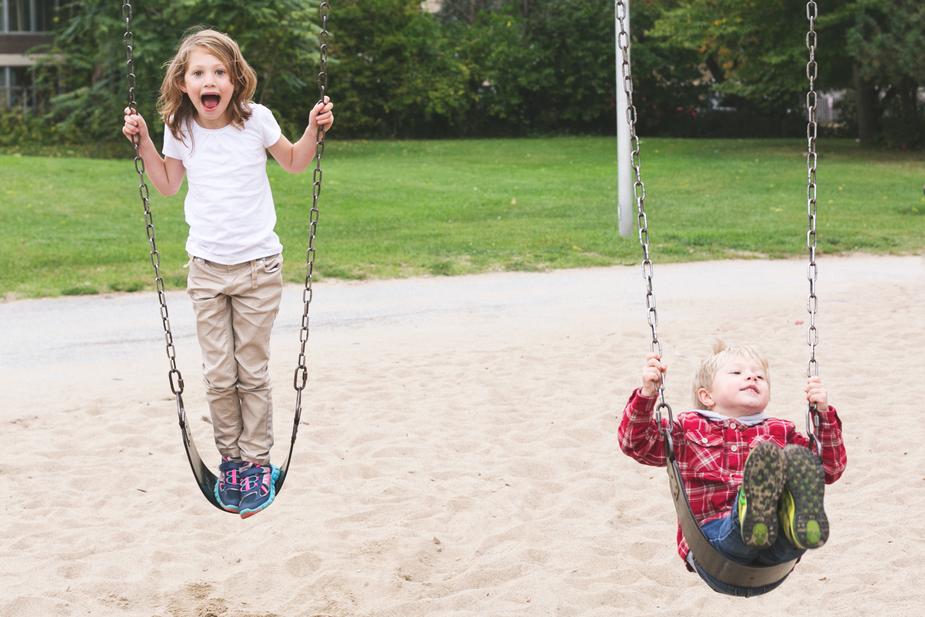Definition of hearing loss
Hearing loss is the reduced ability to hear sounds. It’s a condition that is irreversible but can be improved with the help of hearing aids. The most common causes of hearing loss are noise and aging.
Depending on the severity of the condition, the signs can range from occasional trouble of understanding speech to inability to participate in a conversation or social isolation.
There are different types of hearing loss and various causes but, the symptoms are generally similar regardless of the cause or type.
Living with a person with hearing loss

For many adults, the onset and progression of hearing loss extend over sometime, with the exception of people in the military exposed to gunfire and explosions.
Often, people would blame their hearing problems on another person’s speech. A person who suffers from hearing loss but doesn’t know it yet may often complain, “if people wouldn’t mumble, I could hear,” or “people talked a lot clearer when I was younger.”
In most cases, the family and friends are likely the first to notice some difficulty in hearing long before the person does. At the first signs of hearing loss, the individual will deny the problem.
That is understandable because there is typically a considerable variability in how the person functions in different situations and with different people. There will be some situations and with some people whom he might do pretty well.
Common symptoms of hearing loss in adults

People with hearing loss shouldn’t ignore the first signs of their condition. Patients who are oblivious to their hearing impairment are at risk of low quality of life, health, relationships, and career.
That’s why it’s important to understand the symptoms of hearing loss. The more knowledge you have on this condition, the more you’re likely to spot the first signs and know when to seek professional help.
- Difficulty hearing soft, everyday sounds (e.g. chirping of the birds, the beep of the microwave, the turn signal in the car)
- Trouble understanding speech, especially in noisy places such as restaurants, large family dinners, in the car, or in the plane. Or anywhere where there is a great deal of crosstalk.
- The perception that people they talk to are mumbling
- Setting the TV or radio volume too high
- Asking people to repeat themselves quite often
- Avoiding social interactions
- Fatigue after participating in social events
- Ringing in the ears – also called Tinnitus
Types of hearing loss
Basically, there are four types of hearing loss – auditory processing disorders, conductive, sensorineural, and mixed.
Among these, sensorineural hearing loss is the most common. In fact, more than 90 percent of all hearing aids wearers suffer from sensorineural hearing loss. Age-related changes, noise exposure, inner ear blood circulation, inner ear fluid disturbances and issues with the hearing nerve are the most common causes.
Sensorineural hearing loss happens when the Cochlea (the hearing organ), and/or the auditory nerve malfunctions or is damaged. When this occurs, the hearing organ becomes unable to transmit electrical information to the brain.
Some cases are caused by genetic factors. But many are attributed to natural aging process, medical conditions, diseases, accidents or exposure to loud noises, and specific kinds of chemicals and medications.
What are the symptoms of sensorineural hearing loss?
People with sensorineural hearing loss experience difficulty to hear high-pitched sounds such as:
- Children’s voices
- Females with high-pitched voices
- Consonant sounds like s, sh, f,v, th, f, and p – this makes hearing some words difficult
- The car’s turn signal
- Birds’ sounds
- Microwave or timer beep
It’s also important to know that sensorineural hearing loss is permanent is most cases. But, medical technologies can alleviate the effects of sensorineural hearing loss. These include hearing aids, cochlear implants, and hybrid cochlear implants.
To know more about the types of hearing loss, click here.
Common symptoms of hearing loss in children

For children who are hard of hearing, the situation is different. Parents should be on the lookout for delayed or aberrant speech and language development, short attention span and poor school work.
Symptoms of hearing loss in toddlers and children:
- Child does not startle when loud sound is present
- There’s a noticeable delay in speech and language development
- Child finds it difficult to tell where sound is coming from
- Child shows behavioral problems in school
- Child shows poor performance in academics and/or extra curricular activities in school
- Child has a learning disability diagnosis
Hearing screenings in classrooms are necessary but not mandated in all states. Ask your pediatrician to do a hearing screening at your child’s annual checkup.
Difference between temporary hearing loss and permanent hearing loss
There is such thing as temporary hearing loss. If you’ve been to a concert or a fireworks display, you may experience temporary hearing loss. It’s the difficulty of hearing sounds for a short period of time because of Temporary Threshold Shift (TTS) and is often accompanied by Tinnitus (or ringing in the ears).
Temporary hearing loss may last for only couple of hours or several days before your hearing returns to normal. The duration of unable to hear properly largely depends on the cause. If your occupation involves exposure to extremely loud noises and sounds, your ears will have a harder time recuperating from TTS. For example, a military officer who is constantly exposed to gunfire and explosions.
On the other hand, permanent hearing loss is irreversible. It commonly involves damage to the auditory nerves or the tiny hair cells found on the inner ear. For people who suffer from permanent hearing loss, hearing aids can reduce its effects but won’t restore the hearing from damage whether it’s due to an accident, genetics, or medical conditions.
When is the right time to see a doctor?

Now that you have a better understanding of the symptoms of hearing loss in adults in children, it’s easier to spot if someone in your family or close to you has hearing. If, in case you believe you have hearing loss, especially in one ear, seek professional help as soon as you can.
Some of the early symptoms of hearing loss are:
- You notice that it’s hard to hear the person you’re talking to, specifically when there’s a background noise
- You hear muffled sounds
- You can’t help it but turn the volume higher when you watch TV or listen to music
Remember that hearing loss is nothing to be ashamed of and affects many people worldwide. If you suspect you have it, call a hearing care specialist immediately.